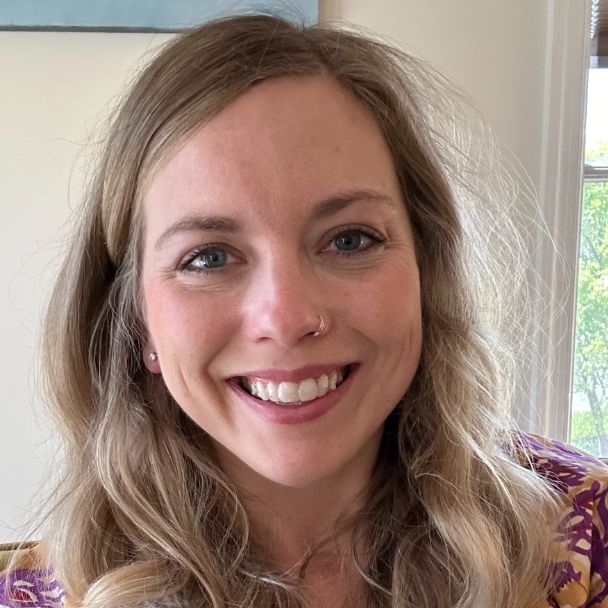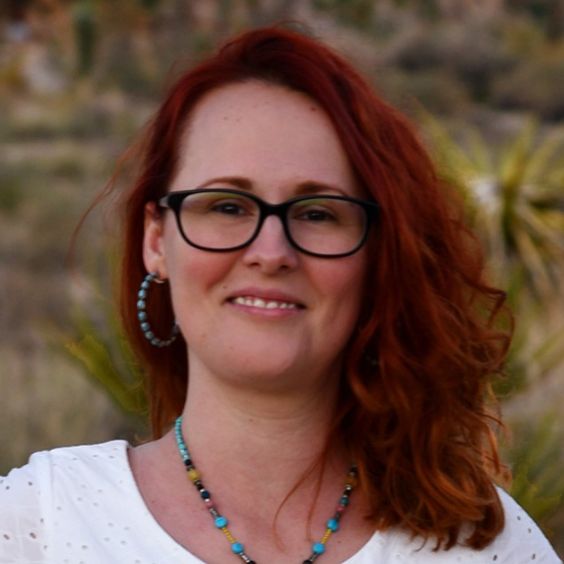What is substance use disorder?
Substance Use Disorder (SUD) is a medical and psychological condition that involves the problematic use of alcohol or drugs despite negative consequences. It affects brain function, behavior, relationships, and physical health. SUD is more than occasional use or bad habits—it’s a chronic, often relapsing condition that changes how the brain perceives pleasure, stress, and decision-making.
Key signs include:
- Inability to control use
- Continued use despite negative consequences
- Cravings or strong urges to use
- Building a tolerance (needing more to feel the effect)
- Withdrawal symptoms when stopping
- Neglecting responsibilities or activities due to substance use
SUD can range from mild to severe, and early intervention through substance abuse counseling increases the chances of long-term recovery.
How is it different from casual use?
Not everyone who uses substances has a problem. Many people drink socially or use prescription medications responsibly. The key difference lies in how much the substance use interferes with your life.
Casual use typically:
- Is infrequent and within safe limits
- Doesn’t cause significant harm or consequences
- Isn’t used to cope with stress, anxiety, or trauma
- Can be easily stopped or moderated
Problematic use or addiction, on the other hand:
- Escalates over time
- Is used to self-medicate emotional pain
- Interferes with relationships, work, health, or legal standing
- Feels out of control
A substance use therapist can help you or your loved one assess where you fall on this spectrum and explore next steps without pressure or shame.
How do I know if I or someone I love has a problem with drugs or alcohol?
It can be hard to recognize when use has become a problem, especially because denial and secrecy are common. Some questions to ask include:
- Do you or your loved one use substances to cope with stress, anxiety, trauma, or boredom?
- Has use led to conflicts, job loss, health problems, or legal trouble?
- Are there efforts to cut back that haven't been successful?
- Are friends or family worried, even if you aren't?
- Is more of the substance needed over time to feel the same effect?
- Are you hiding how much or how often you use?
If you answered “yes” to several of these, substance abuse counseling may be beneficial. Early support can prevent deeper harm and offer pathways toward healing.
What mental health issues often occur alongside substance abuse?
Substance use and mental health are deeply connected. Many people with addiction also live with co-occurring disorders, such as:
- Depression
- Anxiety
- PTSD or complex trauma
- Bipolar disorder
- Personality disorders
- Eating disorders
Substances are often used as a way to numb emotional pain, regulate mood, or cope with past trauma. But over time, they tend to worsen these conditions. A skilled substance abuse therapist will treat the whole person—not just the substance use.
Can therapy help with both addiction and mental illness at the same time?
Yes, and this is essential. Integrated treatment is key to long-term recovery for people with co-occurring disorders. When you only treat one issue—say, the addiction but not the depression—both tend to come back.
Effective addiction therapists use approaches that address both substance use and mental health, including:
- Cognitive Behavioral Therapy (CBT): Reframes harmful thought patterns and behaviors
- Dialectical Behavior Therapy (DBT): Builds emotion regulation, distress tolerance, and interpersonal skills
- Motivational Interviewing (MI): Strengthens your internal motivation for change
- Trauma-informed care: Helps heal the root causes of addiction, not just the symptoms
This kind of comprehensive approach is often called dual diagnosis treatment.
What types of therapy are used to treat substance use disorders (e.g., CBT, DBT, motivational interviewing)?
There’s no one-size-fits-all approach to addiction therapy. Effective treatment may include a combination of the following:
Cognitive Behavioral Therapy (CBT)
Helps you recognize and change thoughts, behaviors, and triggers related to substance use. Proven to reduce relapse risk and build coping skills.
Dialectical Behavior Therapy (DBT)
Originally developed for emotion regulation disorders, DBT for addiction is especially helpful for those with co-occurring mental health conditions. It emphasizes mindfulness, tolerance of distress, and building a life worth living.
Motivational Interviewing (MI)
A gentle, collaborative style of therapy that helps you explore ambivalence and strengthen your own desire to change—without pressure or judgment.
Contingency Management
Uses tangible rewards (like vouchers or incentives) to reinforce positive behaviors like abstinence or attending therapy.
Family Therapy
Addresses how addiction affects the entire family system, and supports rebuilding trust, communication, and accountability.
A good therapist specializing in addiction will customize your treatment based on your goals, needs, and background.
What is dual diagnosis treatment and why is it important?
Dual diagnosis treatment refers to integrated care for people who have both a substance use disorder and a mental health condition. It’s essential because:
- One condition often fuels the other (e.g., drinking to manage anxiety, or depression triggered by addiction)
- Untreated mental illness can sabotage recovery
- Substance use can interfere with psychiatric medications or therapy progress
Substance abuse counseling within a dual diagnosis framework treats both conditions as interconnected—so healing one supports healing the other. This approach improves outcomes, reduces relapse risk, and supports long-term wellness.
Is relapse a normal part of the recovery process?
Yes. Relapse is common—but not a failure. Recovery from addiction is a journey, not a straight line. Many people experience setbacks before finding stable recovery.
Therapy helps by:
- Teaching how to respond to relapse with self-compassion and insight
- Identifying triggers and developing stronger coping strategies
- Redefining success beyond “perfect” sobriety
- Encouraging ongoing growth and support
An experienced addiction therapist will work with you to make relapse a learning opportunity—not a reason to give up.
How do I find a therapist or rehab program that fits my needs?
Finding the right support can feel daunting, but you don’t have to do it alone. Start by asking:
- Do they have experience with substance abuse therapy?
- Do they treat co-occurring mental health conditions?
- Do they use evidence-based approaches like CBT or DBT?
- Do they take your insurance or offer a sliding scale?
- Do they offer in-person, online, or group options?
Resources include:
- Psychology Today’s directory (search “substance use therapist”)
- SAMHSA.gov treatment locator
- Referrals from doctors or support groups
- Recommendations from trusted friends, family, or peers in recovery
If you’re open to programs, you can also explore inpatient, outpatient, or intensive outpatient (IOP) settings based on the severity of your needs.
What’s the difference between inpatient, outpatient, and intensive outpatient treatment?
- Inpatient treatment (rehab): 24/7 care in a residential setting. Best for severe addiction, co-occurring disorders, or when detox is needed.
- Outpatient treatment: Flexible, part-time therapy while you live at home. Ideal for mild to moderate substance use issues.
- Intensive Outpatient Programs (IOP): A middle ground—structured programming several days a week while allowing you to maintain some normal routines.
Your substance use counselor or medical provider can help assess which level of care is right for you.
Can someone be treated for addiction even if they’re not “ready” to quit?
Yes. Many people begin therapy uncertain about change. That’s normal.
Motivational interviewing, used by many addiction therapists, is designed to meet you where you are—whether that’s full commitment to sobriety or just curiosity about what life could be like without substances.
Therapy can help you:
- Explore your reasons for using—and your reasons for wanting something different
- Reduce harm, even if abstinence isn’t your first goal
- Build trust, hope, and support
- Plant seeds of change that grow over time
You don’t have to hit “rock bottom” to deserve help. The sooner you seek support, the better your chances of long-term recovery.
How can therapy help families affected by substance abuse?
Addiction impacts everyone in a family—not just the person using substances. Family therapy or education can help loved ones:
- Understand the nature of addiction and recovery
- Set healthy boundaries without enabling or controlling
- Rebuild trust after lies or betrayal
- Communicate more effectively
- Heal from codependency or emotional trauma
Many substance abuse therapists include family or couple sessions, or may refer loved ones to parallel support like Al-Anon or SMART Recovery Family & Friends.
Family involvement improves outcomes—and offers healing for everyone involved.
Is recovery from addiction possible without therapy or professional treatment?
Some people do recover on their own or through peer support alone—but research shows that professional help greatly increases the chances of success and reduces the risk of relapse.
Benefits of professional treatment include:
- A structured plan tailored to your needs
- Emotional support from trained therapists
- Tools to manage cravings, triggers, and co-occurring mental health issues
- Accountability and connection
- Long-term strategies for maintaining change
Even if you’ve tried before, or therapy feels scary, it’s never too late to try again—with the right support.
Addiction is treatable. Recovery is possible. Help is available.
Whether you’re seeking support for yourself or someone you love, reaching out to a qualified substance abuse therapist can be the first step toward healing, hope, and freedom. Explore substance abuse counseling, connect with a therapist specializing in addiction, or consider dialectical behavior therapy for addiction if you're navigating complex emotional needs.
You don’t have to do this alone. And you don’t have to be perfect to begin.













